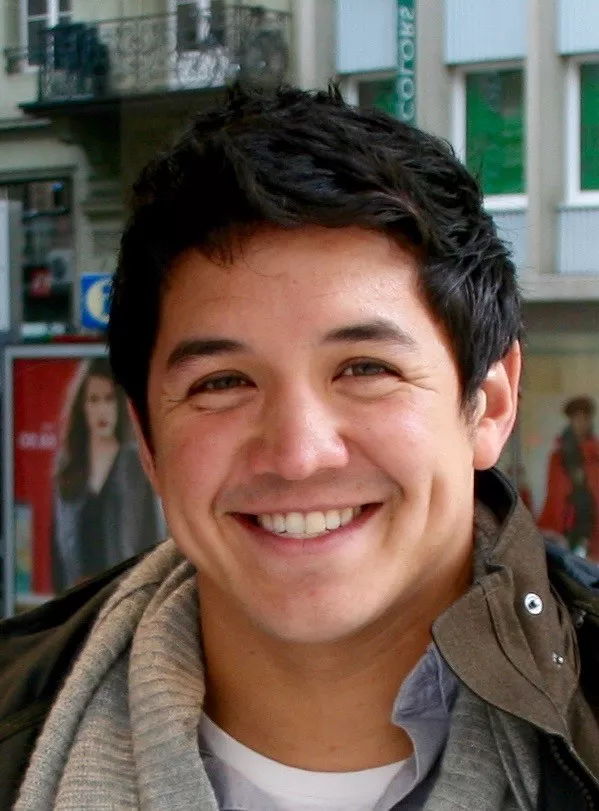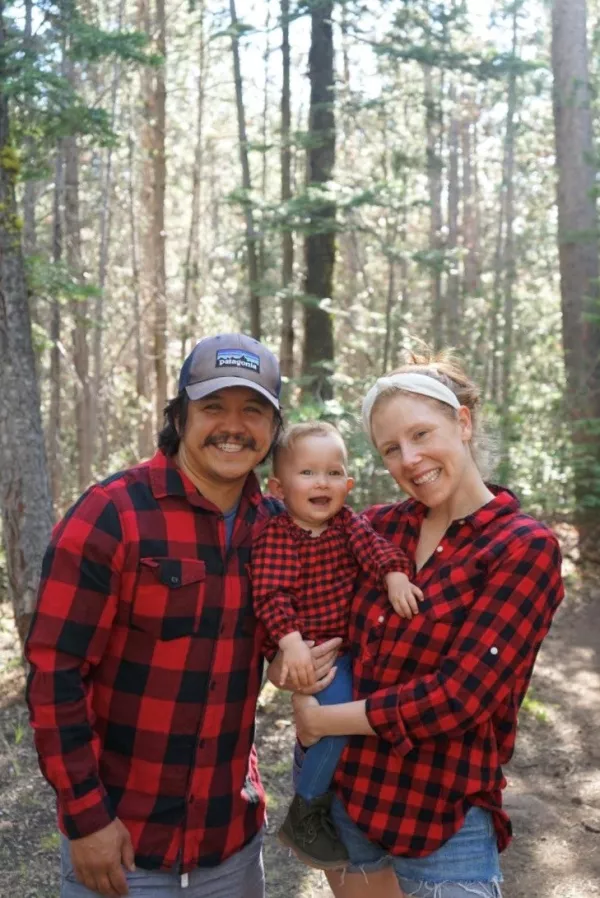Investigator Spotlight: Getting to Know Peter James

Welcome to our spotlight series, where we look beyond the CV and discover more about our investigators. Meet Peter James, MHS, ScD, who joined the Department of Population Medicine in 2017. Trained in environmental health and epidemiology, Dr. James has focused his research on estimating the influence of geographic contextual factors, including exposure to nature, the built environment, the food environment, air pollution, light pollution, noise, and socioeconomic factors, on health behaviors and chronic disease.
Join us now as we learn more about Dr. James (and to continue learning about his research developments, follow him on Twitter).

Q: What kind of research are you doing? Why do you think this research is important?
A: I study how the places in which we live, work, and play influence our health behaviors, mental health, and chronic disease risk. For instance, where you live might determine whether you can walk, bike, or take transit to get from place to place, your exposure to air pollution along the way, whether you have access to safe and inviting green spaces to be physically active in and to interact with your neighbors in, or whether you have access to healthy and nutritious foods. This research is fundamental because these spatial factors are closely linked to physical activity, obesity, mental health, and chronic disease, which are the dominant contributors to the burden of disease. In addition, these factors are ubiquitous—everyone is exposed to some type of built or natural environment in their everyday lives. And finally, these factors are modifiable. Every single aspect of our cities, suburbs, and rural areas exist because of decisions that we as a society have made on where to build, where not to build, where we put skyscrapers and where we put parks, how we lay out roads, transit, sidewalks, and cycling infrastructure. At the core of all of this work is also the question of who has access to these amenities and whether these resources are distributed equitably. Ultimately, my research informs policymakers and stakeholders to make decisions on land use and transportation planning from a lens of optimizing health and wellbeing.
Q: How did you become interested in this area of research?
A: I grew up in Washington, DC in the 1980s when the city was going through a period of high crime and many residents were moving to the suburbs. When I returned to my hometown after college, I became fascinated with how the city had changed dramatically, in many ways for the better but in other ways for the worse. My interest in the evolving city was parallel to my growing interest in public health, and I began to notice the complex relationship between urban planning and health. That interest has continued to grow and I’ve become fully captivated with how our environment shapes us and how we, in turn, can shape our environments.
Q: Have your research findings at all influenced your own behaviors? If so, how?
A: Most certainly. Since I began researching the built and natural environment, I take every opportunity to bike and walk as much as possible, to visit parks and green spaces to take a step back and breathe.
Q: Tell us about a project you're excited about.
A: I’m extremely fortunate to have recently received an R01 from NHLBI which will enable us to apply deep learning algorithms to Google Street View images and satellite data. These algorithms take an image and can tell us exactly what people see and experience in their environment on the ground. We can then measure the amount of trees within view versus cars, or sidewalks within view versus streets. We then combine that information with data from study participants who have provided smartphone GPS and consumer wearable devices (Fitbit) data to understand how our environments influence physical activity at the minute to minute level. We also will link these environmental measures to residential address data from cohort studies that have been running for decades so that we can look at which environmental measures drive obesity, as well as heart attack and stroke risk. This study will provide crucial information for policymakers so that we can tell them exactly which specific planning interventions would make the biggest impact for health and wellbeing.
Q: In addition to your role as Assistant Professor, you’ve served as a Junior Faculty Coordinator at the Institute. Tell us a little about that role, and your successes in the role.
A: I’ve loved being the Junior Faculty Co-Coordinator. In my time in that role, Chanu Rhee (the other Co-Coordinator) and I have attempted to build a sense of community for Junior Faculty at DPM through regular social events and career-advancement workshops. We had great attendance at our monthly Cocktail Hour for Early Stage Scientists (CHESS) events before the pandemic, and I hope that we can continue these opportunities to get to know each other better through other means going forward. I think one of our most successful events was a faculty affairs presentation on the process of promotion from assistant to associate professor. I think it’s essential for junior faculty to clearly understand the expectations and procedure for promotion. I know I learned a ton!

the outdoors
Q: What do you like to do in your free time?
A: Right now, I’m spending most of my time with my wife chasing my one-year old around and figuring out ways to stay outdoors to keep happy and healthy during the pandemic. We are so lucky to live in Cambridge, where we are able to explore so many nearby gardens and parks where we’ve watched new flowers bloom each week. We’ve also become acutely aware at the beautiful architecture in our neighborhood that we previously took for granted. Finally, we are spending more time than ever before playing down by the Charles River, seeing the baby geese grow up and socializing with friends (from a distance of six feet, of course).
Q: What book/tv show/or podcast do you love right now, and why?
A: Sticking with the outdoor theme, I just started Ken Burns’ documentary “The National Parks: America's Best Idea.” It’s fascinating to hear the origins of our National Park System. I marvel that, even in the 1800s, we recognized this deep and intuitive connection to and value for nature. We are so fortunate that the founders of the National Park System had the foresight to preserve these beautiful landscapes for all to enjoy.